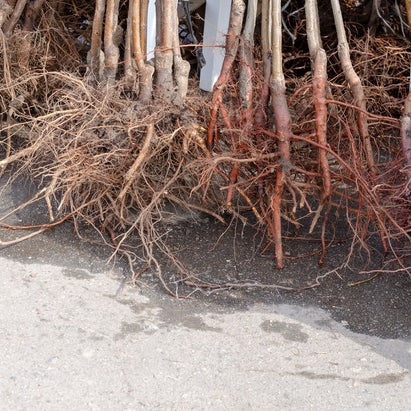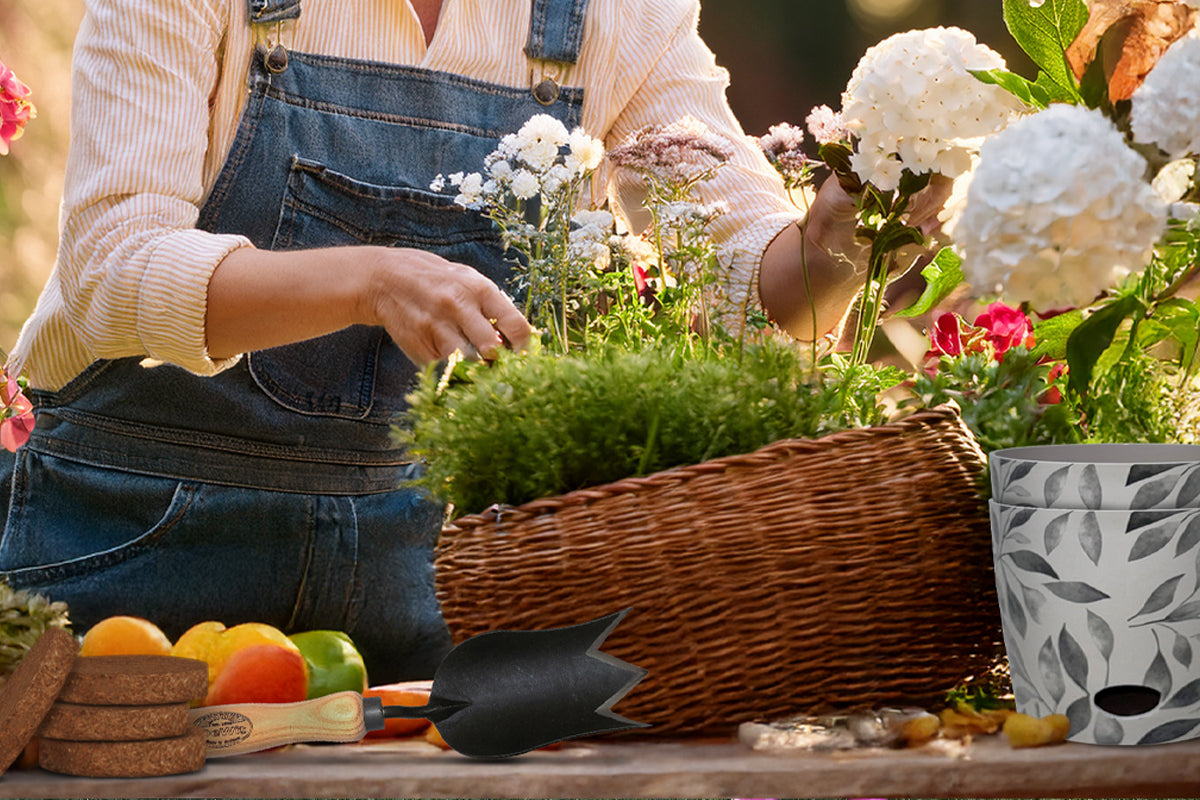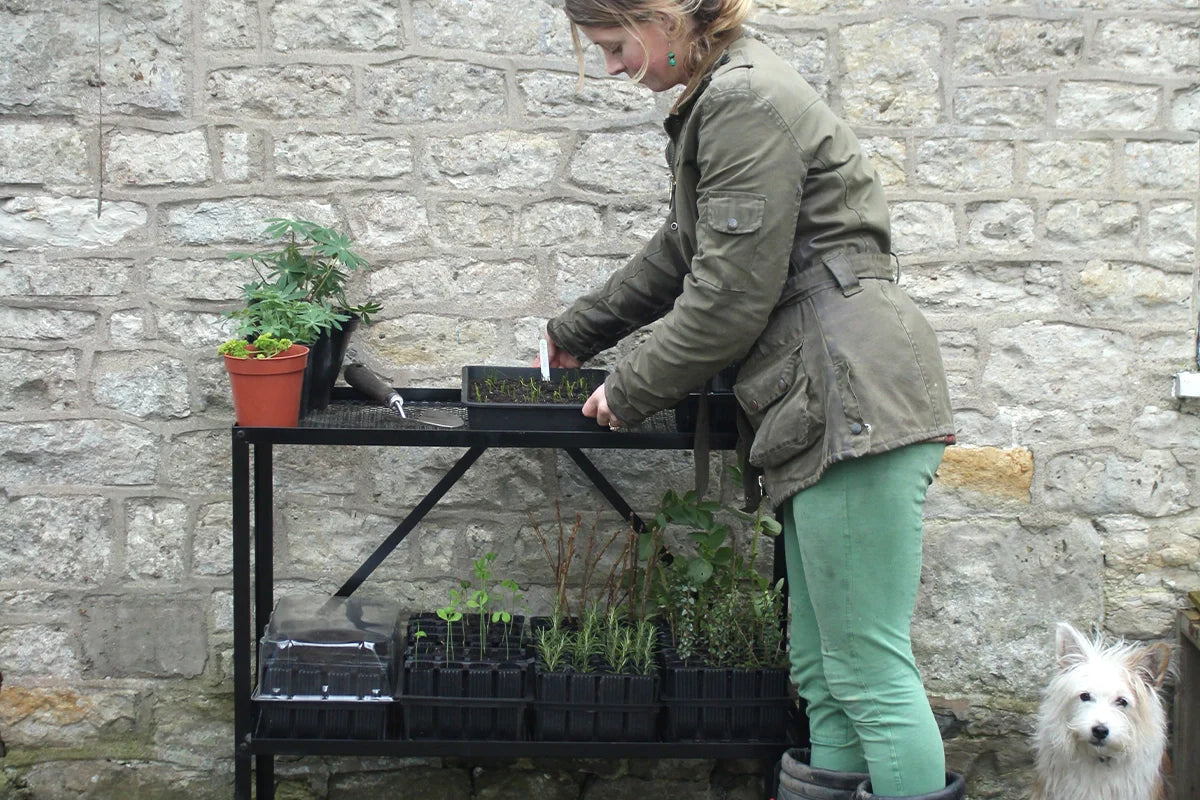Winter gardening is more about preparing for very early spring crops. Sowing in November will take the pressure off in spring. Getting as much planted as you can in November, will save you time when temperatures rise again. There is another advantage though: the roots of your plants will help to keep the soil together and stop it from being eroded by harsh weather.

Soil can degrade if left bare during harsh winter storms and planting helps to prevent this.
Avoid disappointment by appreciating that most of the crops will not be ready for eating in the winter months and spring is when you’ll get your reward. However, some, like winter salads, take a matter of weeks and bok choy, as a cut and come again, can be ready for eating in little over a month.
There are many fruits and vegetables which enjoy growing during cold weather. It is a perfect time of year for planting cool-season vegetables and bare-root fruit trees, which are dormant when planted, but then have the full season to grow as soon as temperatures increase in spring. Fruit trees to plant now include apple, pear, cherry, plum, raspberry, and gooseberry. Both raspberry and blackberry plants will require plant support as they grow (Peacock Plant Supports).
Blueberry and strawberry plants can be planted this month, and both do well in patio planters.
Herbs such as basil, parsley, dill, and chives as well as chili peppers can be sown all year round, to be grown indoors on a brightwindowsill.
Enjoy whatever you plant in November!





Leave a comment (all fields required)